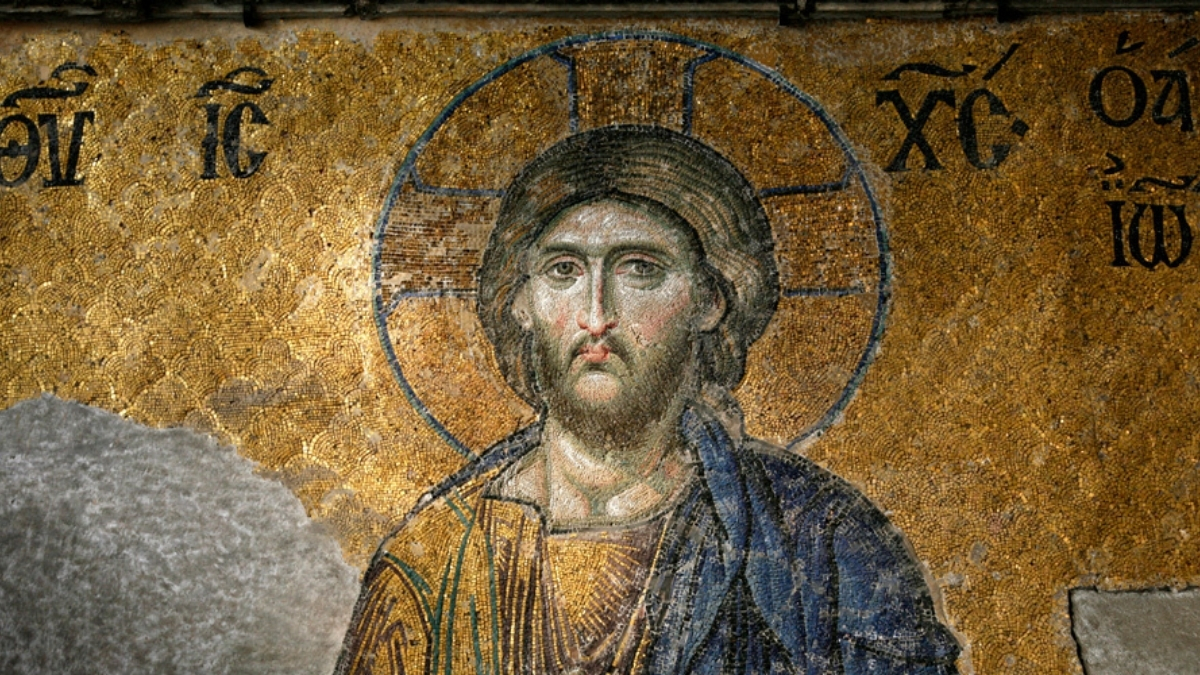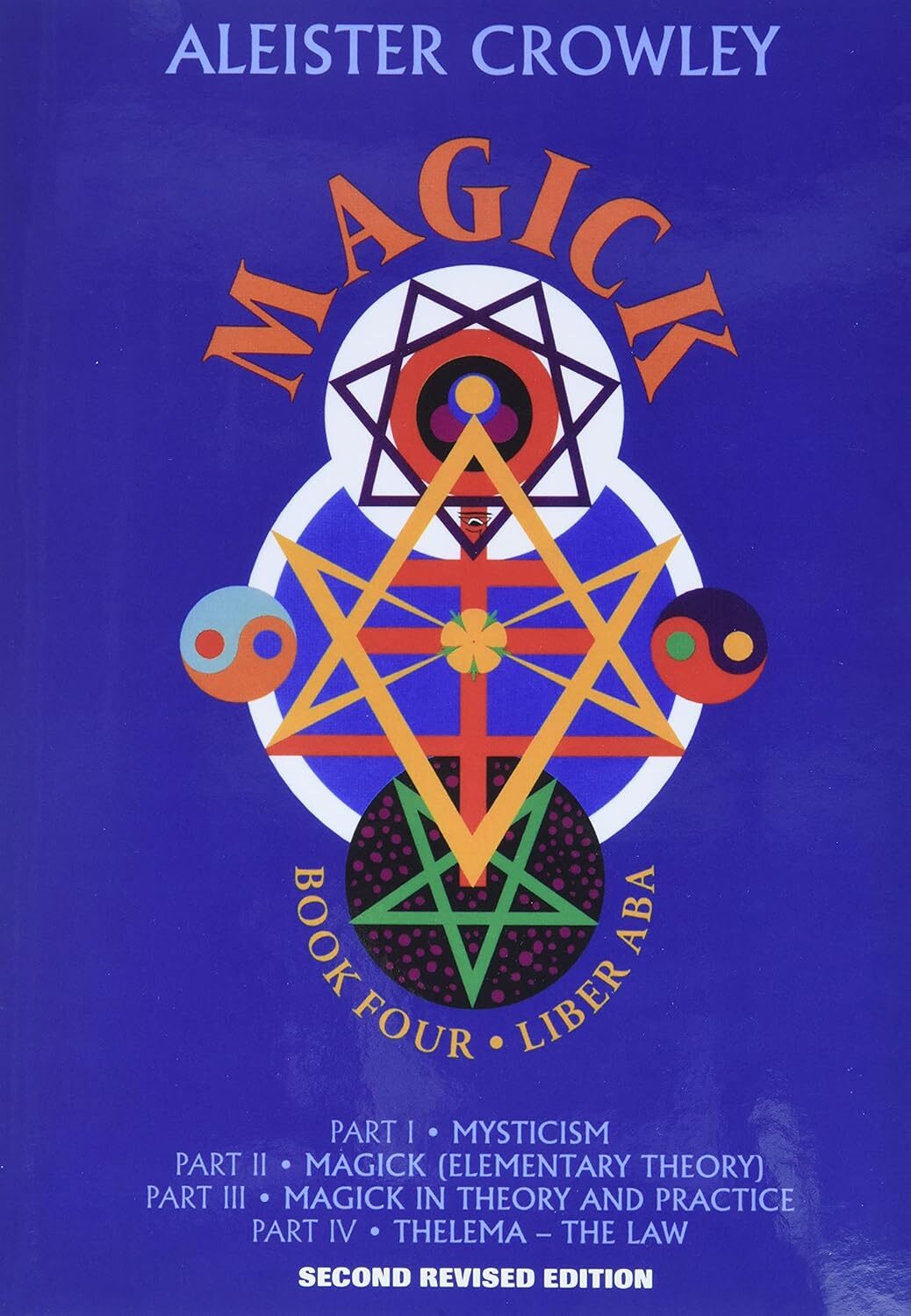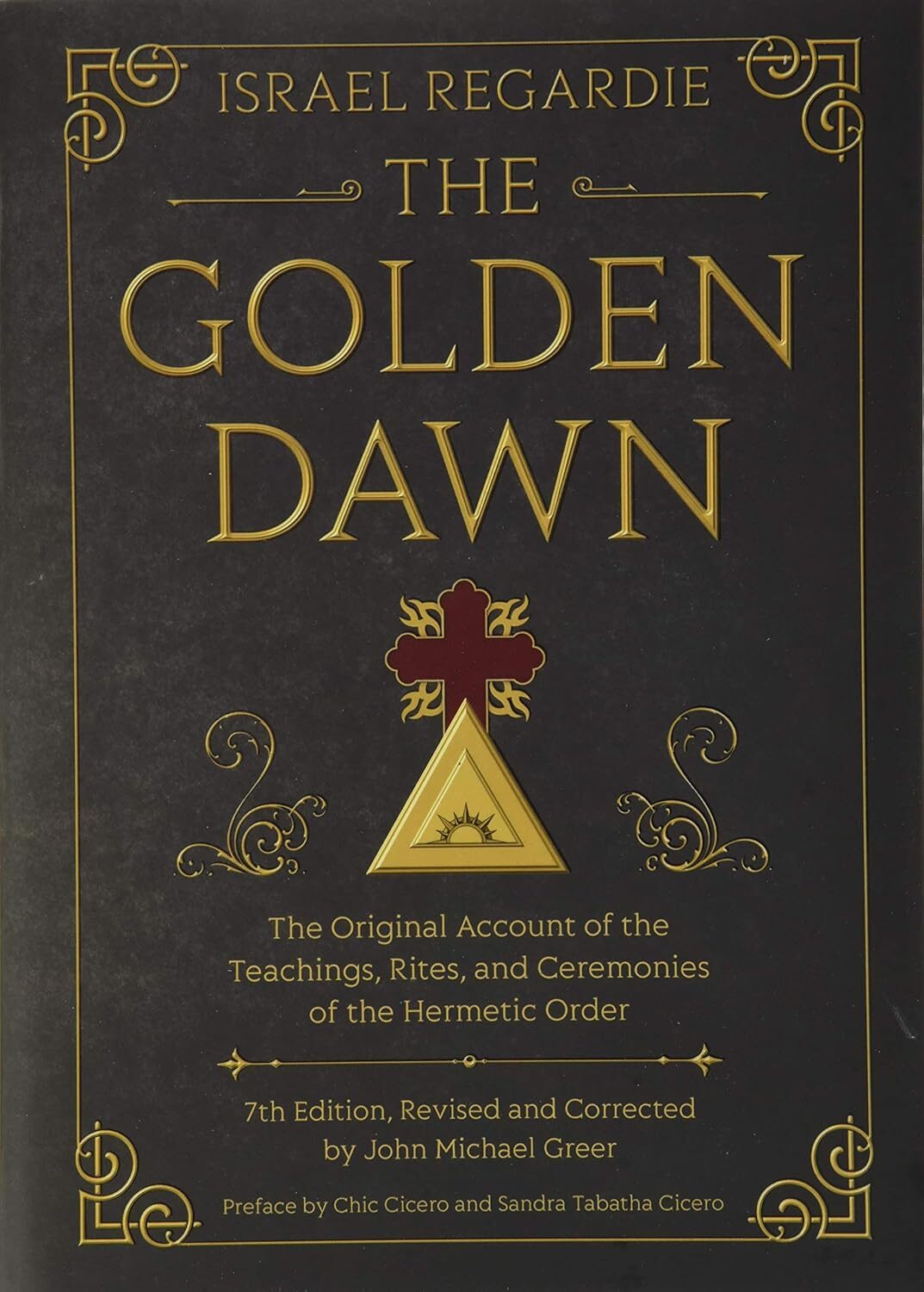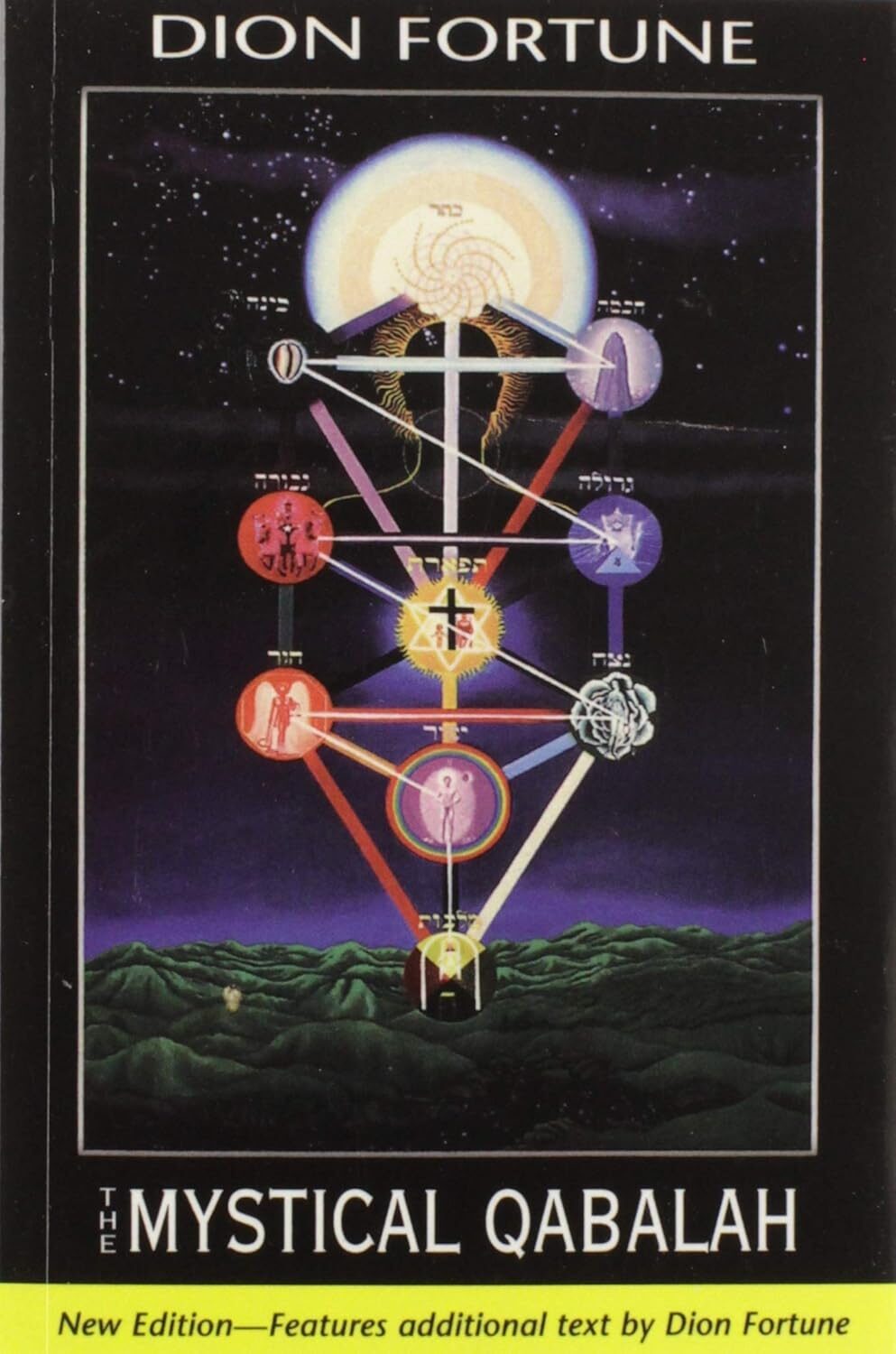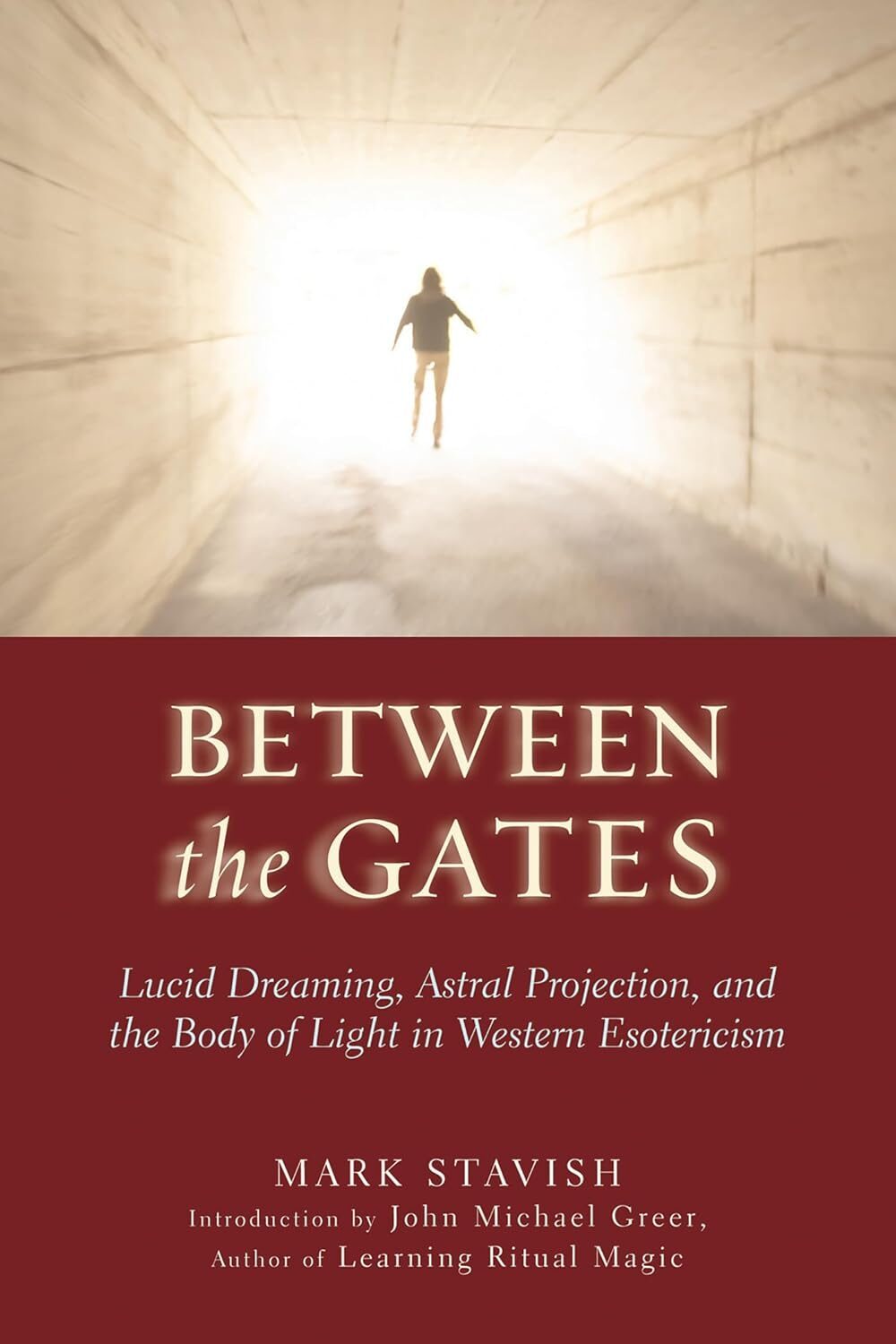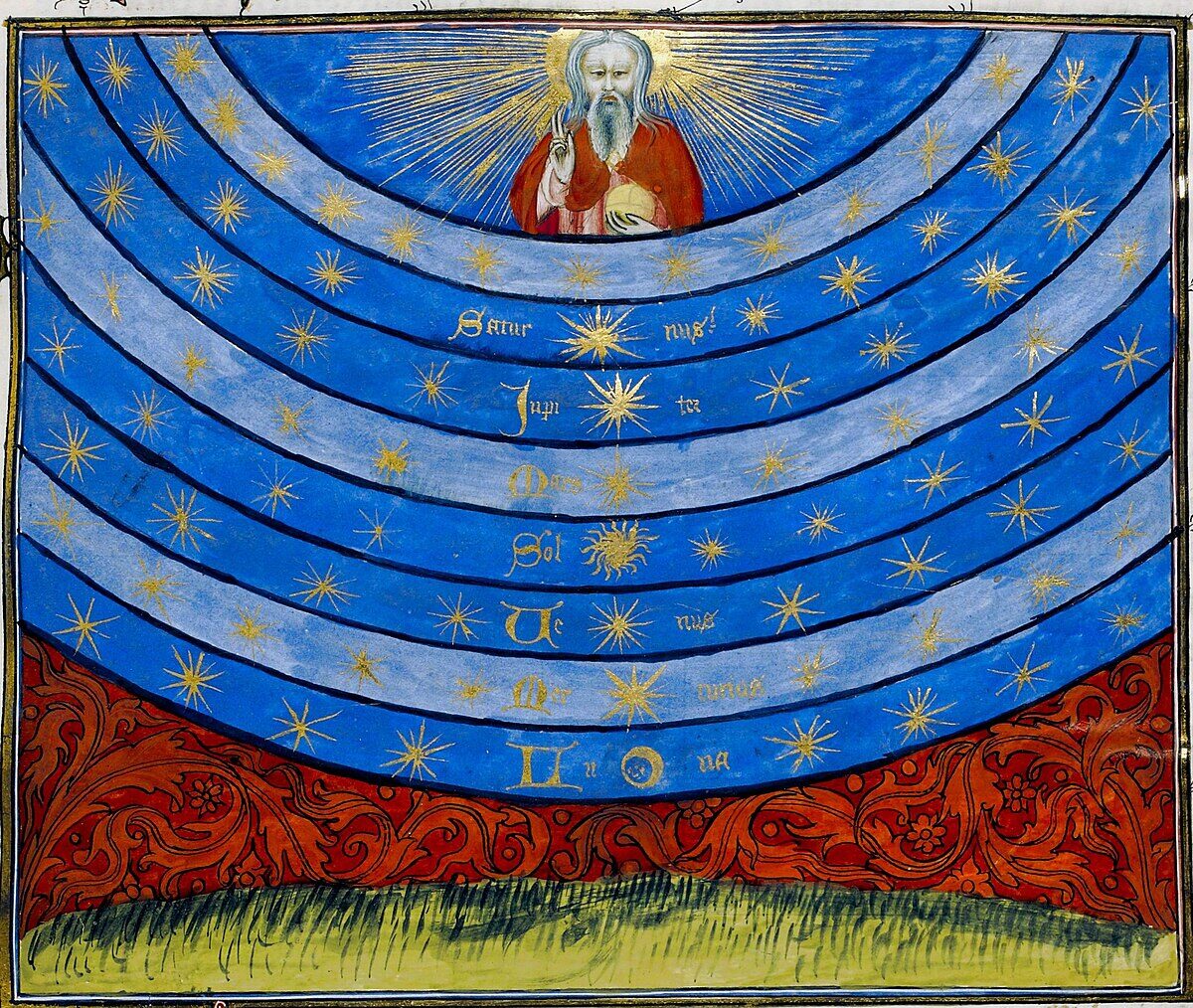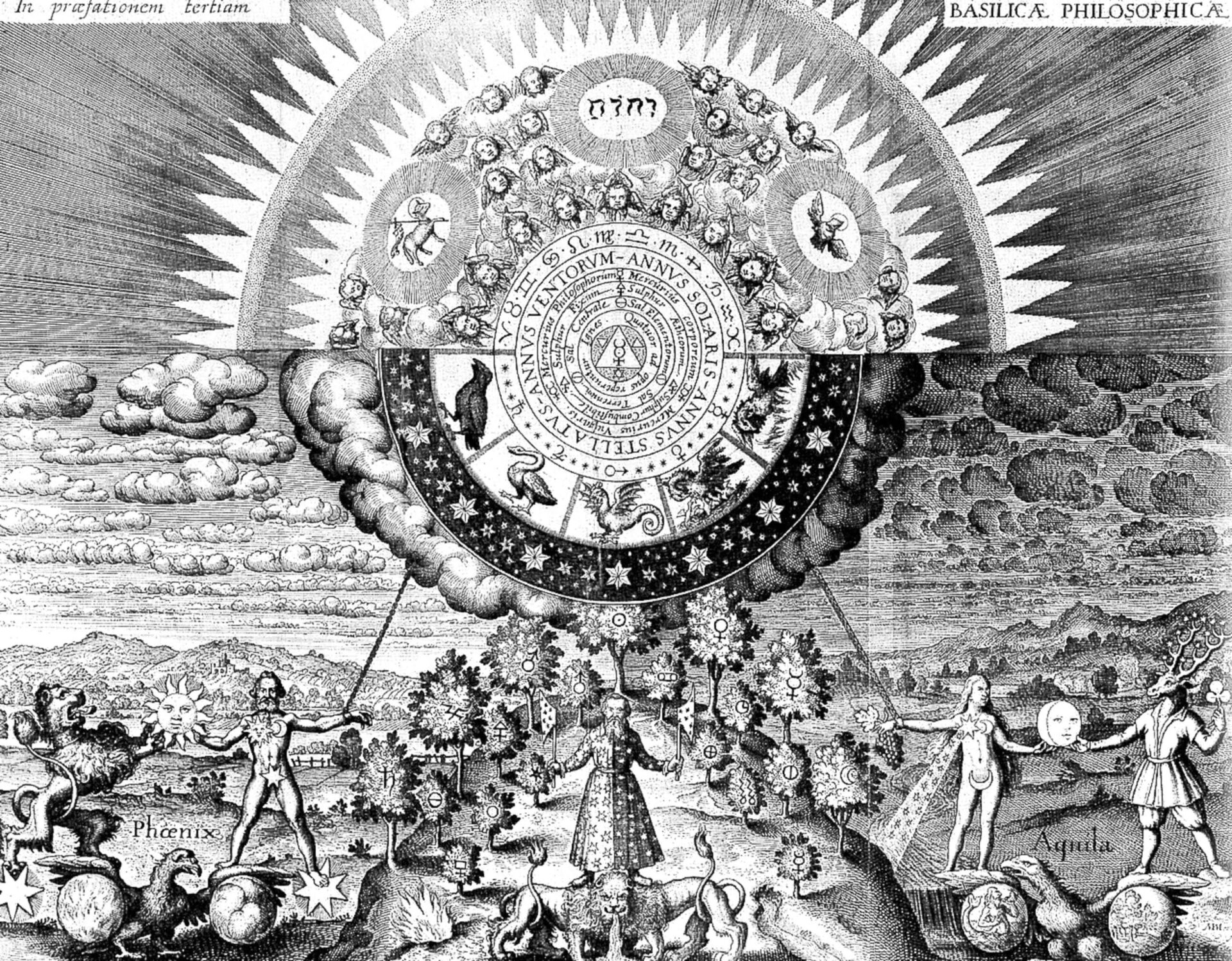Hermeticism and Christianity may seem worlds apart; one rooted in esoteric philosophy, the other in structured religion. And yet, their histories and themes have intertwined for centuries, sometimes in harmony, sometimes in conflict.
So what’s the truth? Can a Christian explore Hermeticism without abandoning their faith? I say, yes, if your heart is pure and your intent is based on a desire to understand and commune with higher, spiritual realities, there can be no problem: God knows all and understands all; if you desire closer union with the higher realms, on your own terms, without the intermediary of the church and its doctrines, you’re free to exercise your will as you see fit.
This is a nuanced debate, however, so let’s take a closer look at the philosophical differences between Christianity and Hermetic beliefs and practices. By the end, you’ll understand where the two meet, where they diverge, and how they’re essentially working towards a similar goal.
What Is Hermeticism?
If you’re new, Hermeticism is a mystical and philosophical system based on teachings attributed to Hermes Trismegistus, a mythic figure blending Greek and Egyptian thought. It teaches that the universe is a living mind and that humans contain a spark of the divine. Through inner transformation and spiritual knowledge (gnosis), one can align with the divine source.
For a full beginner guide, see: Hermeticism Explained
Where Hermeticism and Christianity Overlap
Despite their differences, there are areas where Hermetic and Christian ideas align:
1. Inner Transformation
Both paths emphasize personal growth and spiritual rebirth. Hermetic alchemy speaks of the Great Work—the purification of the soul—while Christianity speaks of salvation and sanctification.
2. Mystical Union With the Divine
Christian mystics like Meister Eckhart or St. John of the Cross speak of uniting with God through contemplative prayer—an idea that closely mirrors Hermetic teachings on divine union through gnosis.
3. Historical Syncretism
Early Christian thinkers like Lactantius referenced Hermes Trismegistus with respect. During the Renaissance, thinkers like Giordano Bruno and Marsilio Ficino tried to blend Hermetic and Christian thought, seeing them as compatible roads to truth.
Where Tensions Arise
While some blend Hermetic and Christian practices (a path called Christian Hermeticism), several areas remain in conflict with mainstream Christian doctrine:
1. Salvation by Knowledge vs. Grace
Hermeticism teaches that salvation comes through hidden knowledge and spiritual ascent. Christianity, especially in its orthodox form, teaches salvation through faith in Christ and divine grace, not esoteric understanding.
2. Reincarnation vs. Resurrection
Hermeticism often embraces the idea of reincarnation—the soul returning to different bodies over time. Christianity teaches resurrection: a single earthly life followed by eternal judgment.
3. Spirit Invocation vs. Demonology
Hermetic practices may include calling upon spiritual intelligences or cosmic forces (daimones) for guidance. In Christian theology, these entities are often considered demons—malevolent, deceptive beings to be rejected, not engaged.
4. Magic and Alchemy
Hermeticism frequently includes the use of ritual, astrology, and magical work. Christianity traditionally sees such practices as incompatible with Biblical teachings, often categorizing them as occult and forbidden.
Christian Hermeticism: A Middle Path?
Some mystics, scholars, and practitioners walk the line between both traditions, often reinterpreting Hermetic symbols through a Christian lens.
Books like Meditations on the Tarot: A Journey into Christian Hermeticism attempt to harmonize the two, showing how Hermetic ideas like divine spark, symbolic ritual, and spiritual ascent can complement rather than contradict Christian devotion—especially outside the bounds of strict dogma.
Can a Christian Study Hermeticism?
Yes, with caution.
- If you’re rooted in orthodox Christianity, Hermeticism may feel too esoteric, philosophical, or magical to align with your beliefs.
- If you’re drawn to mystical Christianity, Hermetic texts may deepen your spiritual insight, but will challenge you to reinterpret some foundational doctrines.
Either way, Hermeticism doesn’t ask for blind belief—it asks for personal reflection, inner work, and direct experience of the divine.
Key Takeaways
| Topic | Hermeticism | Orthodox Christianity |
|---|---|---|
| Path to Salvation | Through gnosis (knowledge) and transformation | Through faith in Christ and grace |
| View of God | Often pantheistic or philosophical (“The All”) | Trinitarian, personal God |
| Spirit Realm | Spirits as cosmic forces (daimones) | Demons are fallen angels, inherently evil |
| Afterlife | Reincarnation or spiritual ascent | Resurrection and judgment |
| Practice | Includes ritual magic, astrology, alchemy | Forbids occult practice |
Final Thoughts
Hermeticism and Christianity can overlap but they’re not fully compatible in their pure forms. Still, if you’re a Christian drawn to mystery, symbolism, or the wisdom of ancient paths, Hermeticism might offer meaningful insight, even if you don’t adopt it wholesale.
The key is discernment. Know your tradition. Know what you’re exploring. And above all, approach both with respect.
Related Reading
